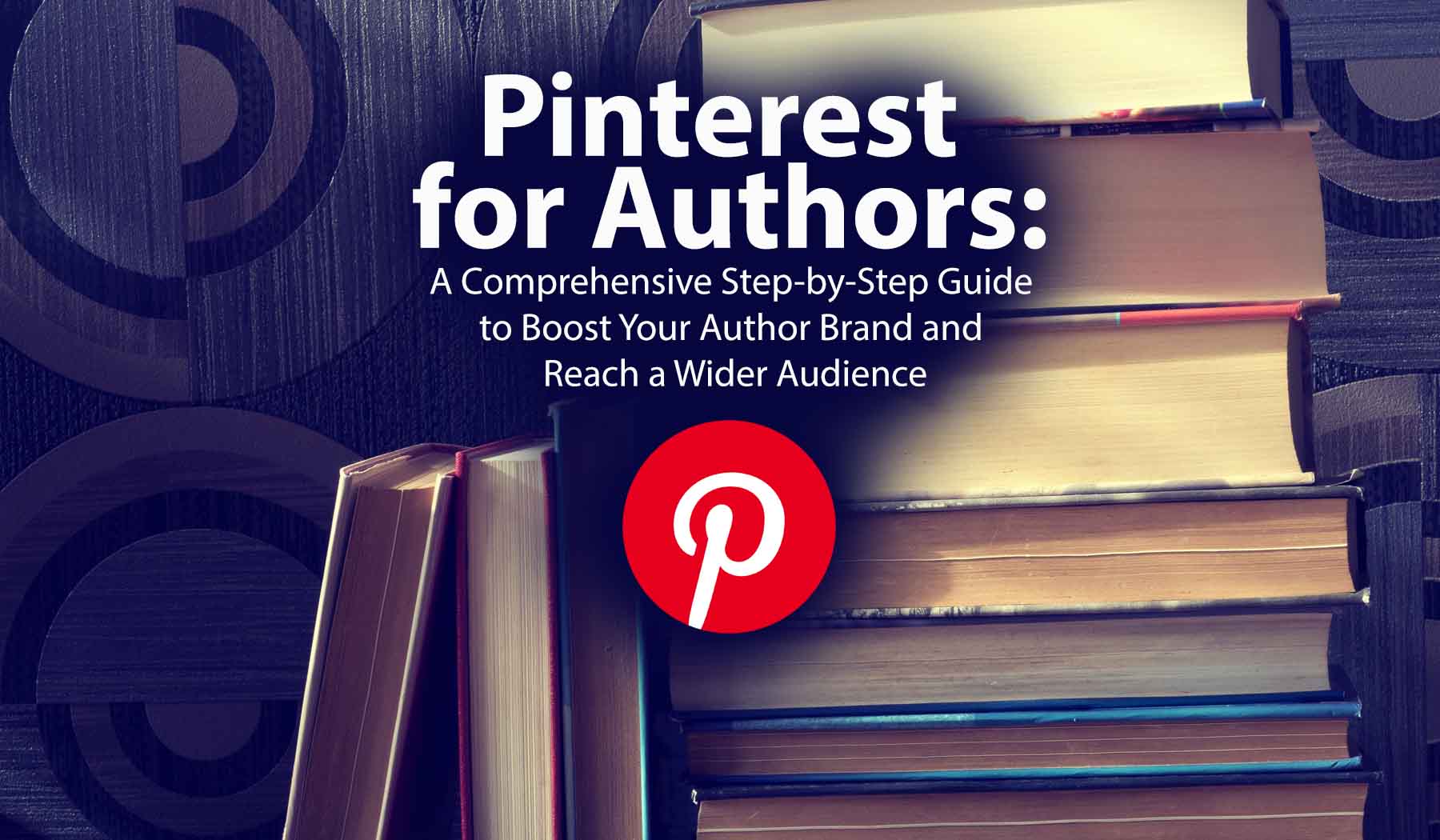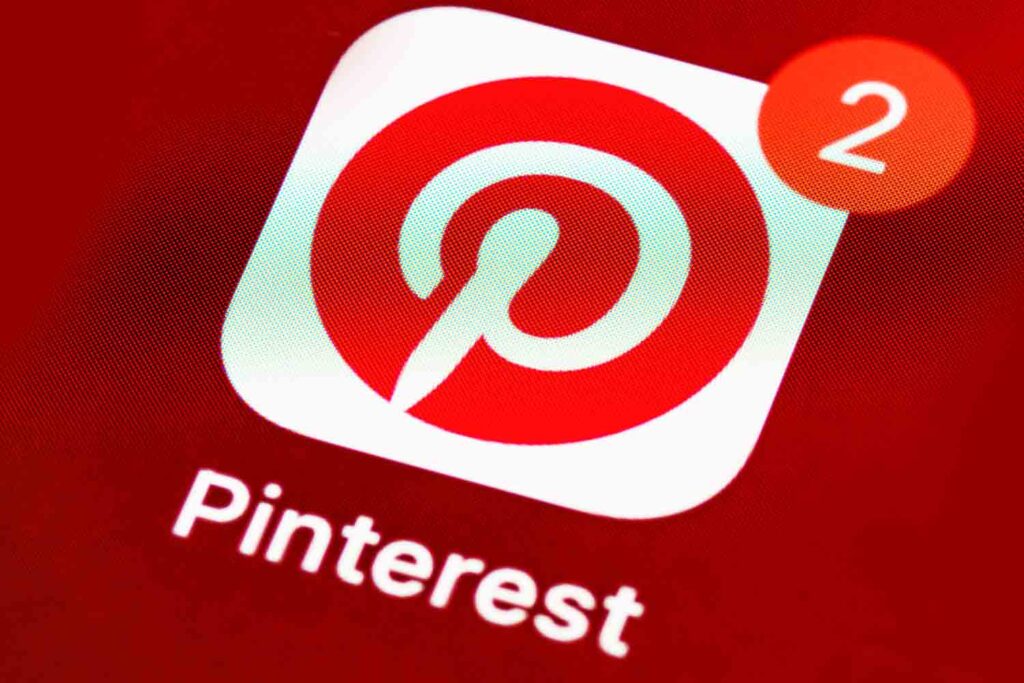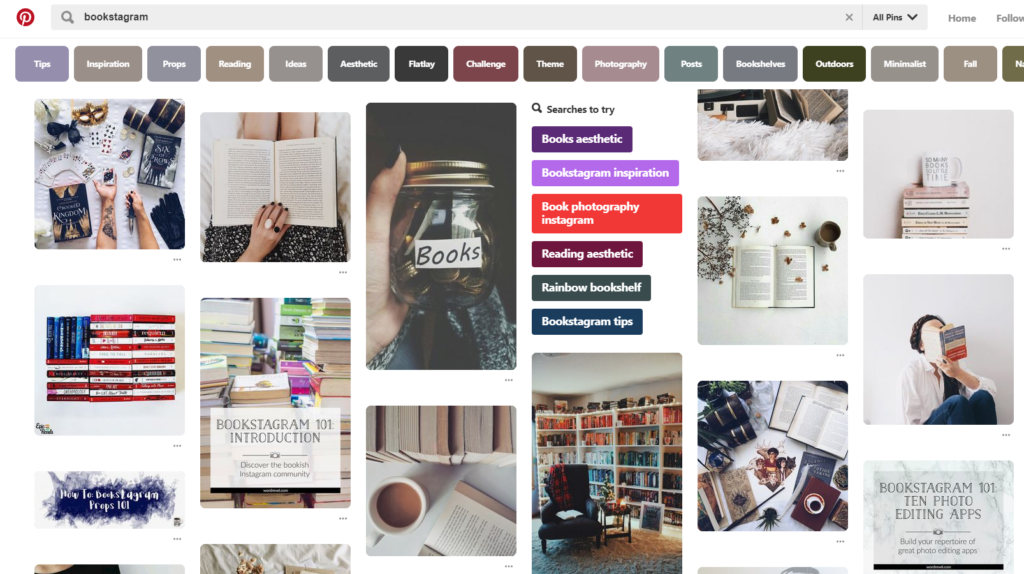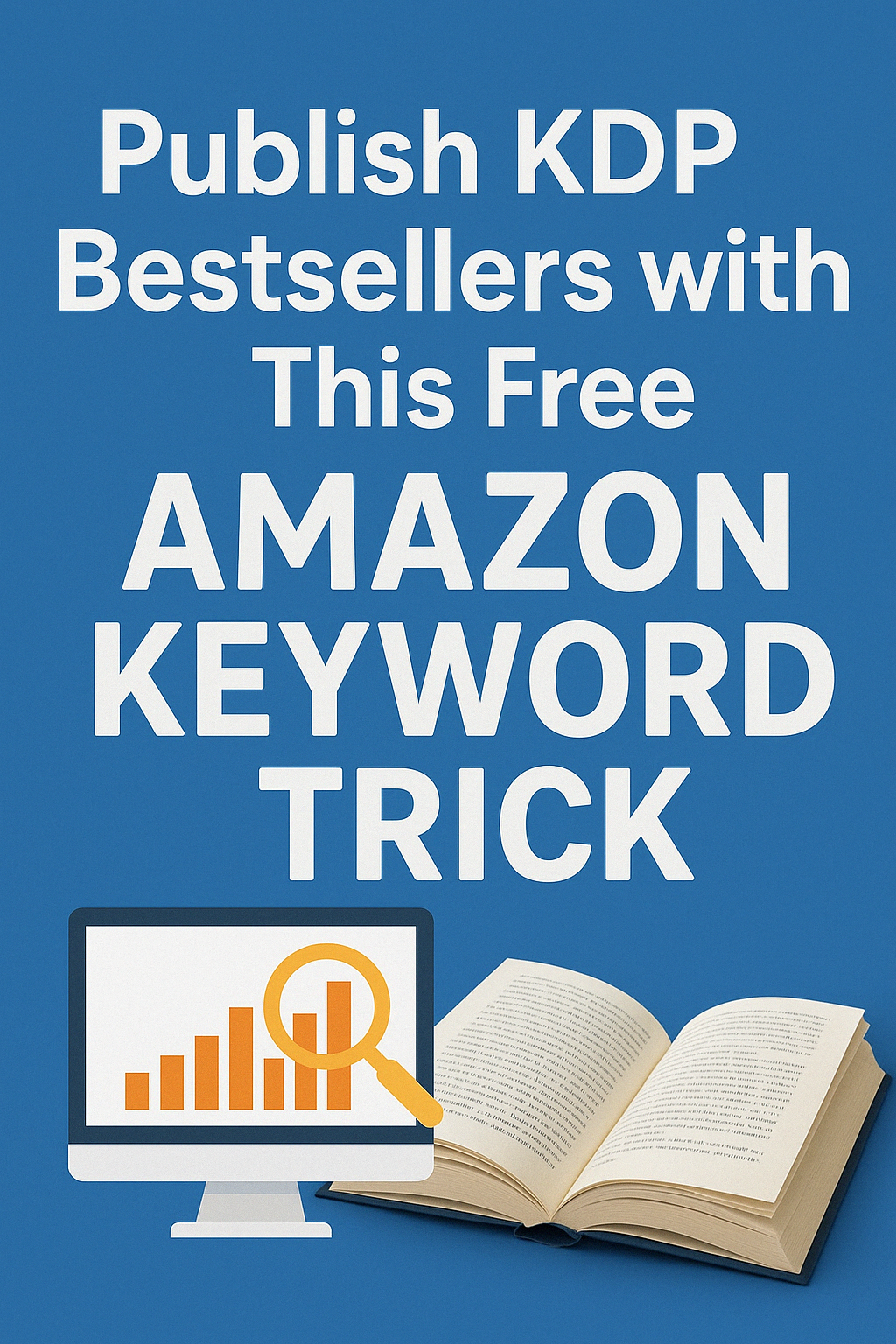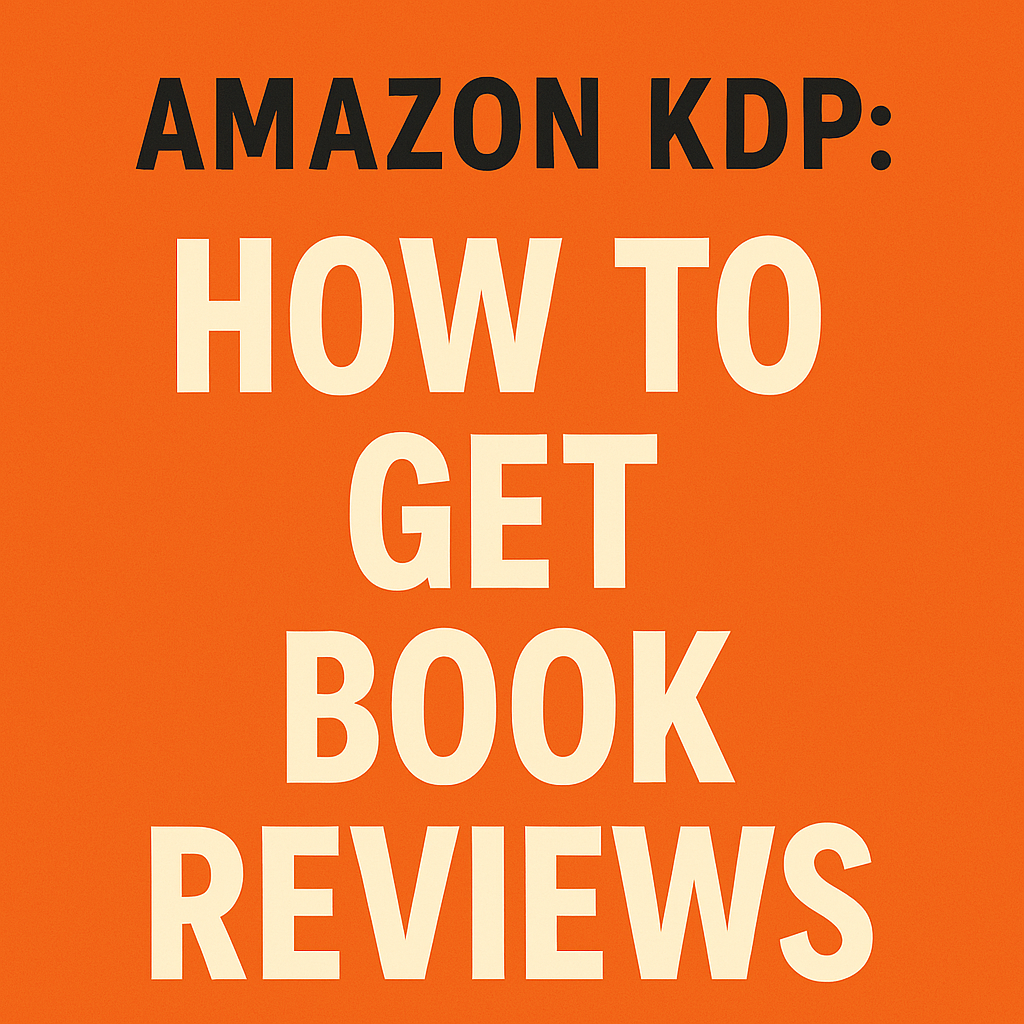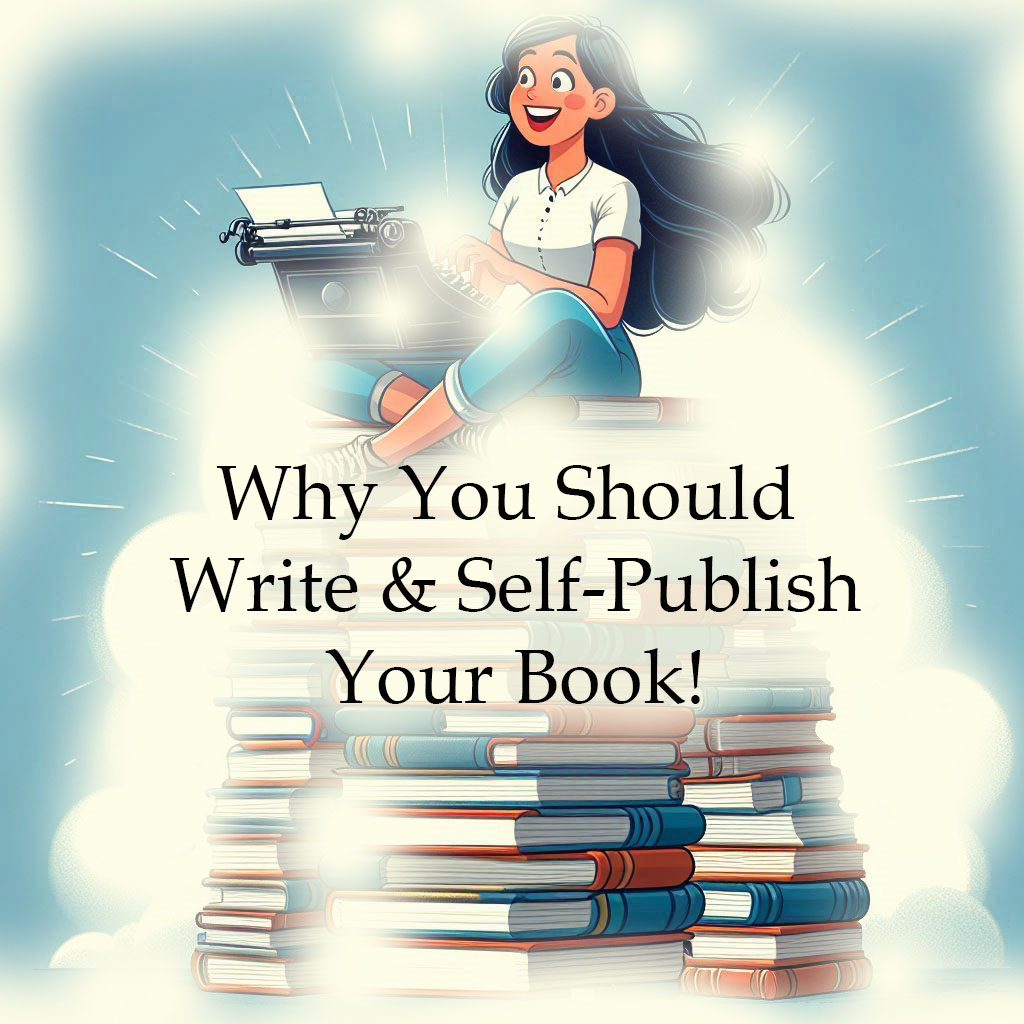Pinterest is a powerful platform that often goes overlooked by authors as a valuable tool for promoting their work.
With its visually appealing format and massive user base, Pinterest can be a goldmine for authors looking to increase their online presence and connect with potential readers.
In this step-by-step guide, we will walk you through the process of leveraging Pinterest effectively to boost your author brand and reach a wider audience.
Step 1: Setting Up Your Pinterest Account
Before diving into the world of Pinterest, you’ll need to set up an account.
Follow these steps to get started:
- Create a Business Account: Choose the business account option during the sign-up process. This will give you access to valuable analytics and promotional features.
- Optimize Your Profile: Craft a compelling bio that highlights your author identity and includes relevant keywords. Upload a professional headshot or a high-quality image that represents your brand.
- Link to Your Website: Include a link to your author website or blog in your profile. This will drive traffic back to your site and help convert visitors into readers.
Step 2: Creating Boards and Pins
Pinterest revolves around boards and pins, allowing users to organize and share content.
Here’s how to make the most of them:
- Create Thematic Boards: Design boards that align with your writing genre or book themes. For example, if you’re a fantasy author, consider creating boards like “Epic Fantasy Inspiration” or “Mythical Creatures.”
- Add Captivating Pins: Create visually appealing pins that feature book covers, quotes, or infographics related to your writing. Use high-resolution images and compelling descriptions to attract users’ attention.
- Pin Consistently: Regularly add new content to your boards to keep your profile active and engage your followers. Aim for a mix of your own content and relevant pins from other sources.
Step 3: Optimizing for Discovery
To maximize your reach on Pinterest, it’s important to optimize your pins for discovery.
Follow these tips:
- Keyword Research: Identify relevant keywords related to your books and target audience. Use these keywords strategically in your pin descriptions, board titles, and even in your profile bio.
- Use Hashtags: Incorporate relevant hashtags in your pin descriptions to increase discoverability. Research popular hashtags in your niche and include them where appropriate.
- Join Group Boards: Find and join group boards with a large following in your genre. Contributing to these boards will expose your content to a broader audience and increase your chances of gaining followers.
Step 4: Engaging with the Pinterest Community
Pinterest is not just about sharing your own content; it’s also about building relationships with other users.
Here’s how to engage with the Pinterest community effectively:
- Follow Other Authors: Identify and follow other authors in your genre to stay up-to-date with their latest work. Engage with their pins by liking, commenting, or saving them. This interaction can lead to reciprocal support.
- Collaborate with Influencers: Reach out to influencers or bloggers in your niche and propose collaborations such as guest pinning or joint boards. This can help you tap into their audience and gain exposure.
- Participate in Group Boards: Actively participate in discussions on group boards by commenting on others’ pins and providing helpful insights. This will showcase your expertise and help you build a strong network of like-minded individuals.
Step 5: Analyzing and Adapting
Pinterest offers valuable analytics to track the performance of your pins and boards. Make use of these insights to refine your Pinterest strategy:
- Monitor Metrics: Keep an eye on metrics like click-through rates, saves, and engagement levels for your pins. This data will give you a clear understanding of what content resonates with your audience.
- Identify Trends: Look for patterns and trends in your analytics to identify what types of pins or topics perform best. This information will help you tailor your future content to maximize engagement.
- Experiment and Adapt: Don’t be afraid to try new strategies based on your analytics. Test different pin formats, descriptions, or even board themes to see what generates the most interest and engagement.
- Refine Your Strategy: Regularly review your analytics and make adjustments to your Pinterest strategy accordingly. By continuously optimizing your approach, you can ensure long-term success on the platform.
Step 6: Driving Traffic to Your Website
Pinterest is not only a platform for visual inspiration but also a powerful driver of website traffic.
Follow these tactics to direct users to your author website:
- Pin Directly from Your Website: Pin images directly from your website to make it easy for users to visit your site. Include a clear call-to-action in the pin description to encourage clicks.
- Create Engaging Blog Content: Publish blog posts on your website that are highly shareable on Pinterest. Incorporate captivating images, infographics, and step-by-step guides to entice users to click through to your site.
- Utilize Rich Pins: Enable rich pins on your website, which provide additional information such as article headlines or product details. Rich pins enhance the user experience and make your content more appealing.
- Implement Pinterest-friendly Buttons: Add Pinterest sharing buttons to your website, blog posts, and product pages. This allows visitors to easily save and share your content, amplifying its reach.
Step 7: Promoting Your Books and Events
Take advantage of Pinterest’s promotional features to showcase your books and upcoming events:
- Create Book-specific Boards: Dedicate boards to each of your books, featuring covers, reviews, and related imagery. This will make it easy for readers to explore your work in a visually appealing way.
- Design Event Boards: If you have book signings, readings, or virtual events, create dedicated boards to promote them. Include event details, images, and links to ticket sales or registration.
- Run Pinterest Ads: Consider investing in Pinterest advertising to boost the visibility of your books or events. Target specific demographics, interests, or keywords to reach potential readers who may not have discovered you otherwise.
Pinterest can be a Game-changer for Authors
Pinterest can be a game-changer for authors seeking to expand their online presence and connect with a broader audience.
By following this step-by-step guide, you can leverage Pinterest’s visual appeal and engaged community to effectively promote your books, drive traffic to your website, and foster meaningful connections with readers.
Remember, consistency, optimization, and engagement are key to achieving success on Pinterest as an author. So, dive in, get creative, and start pinning your way to author brand growth!

